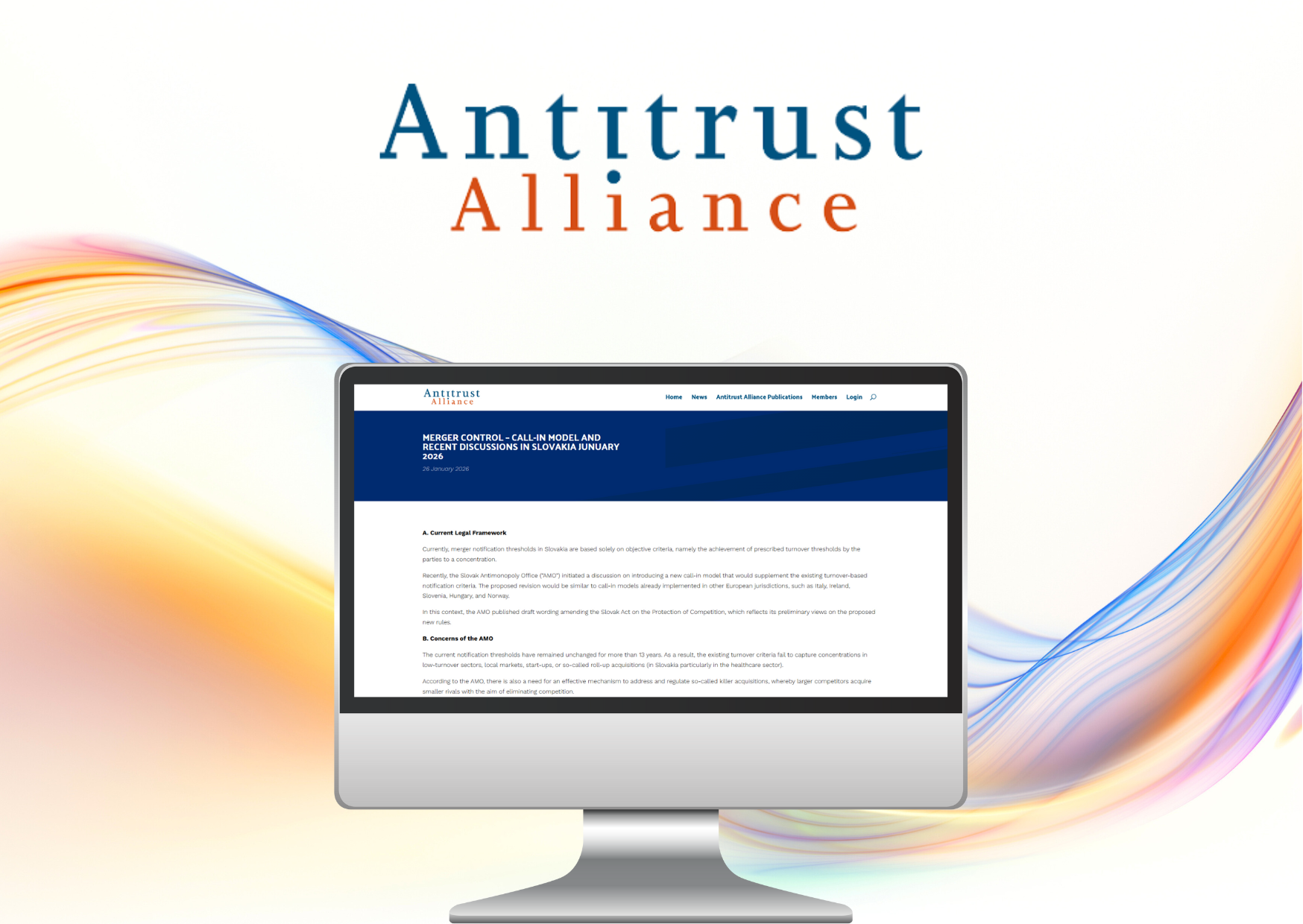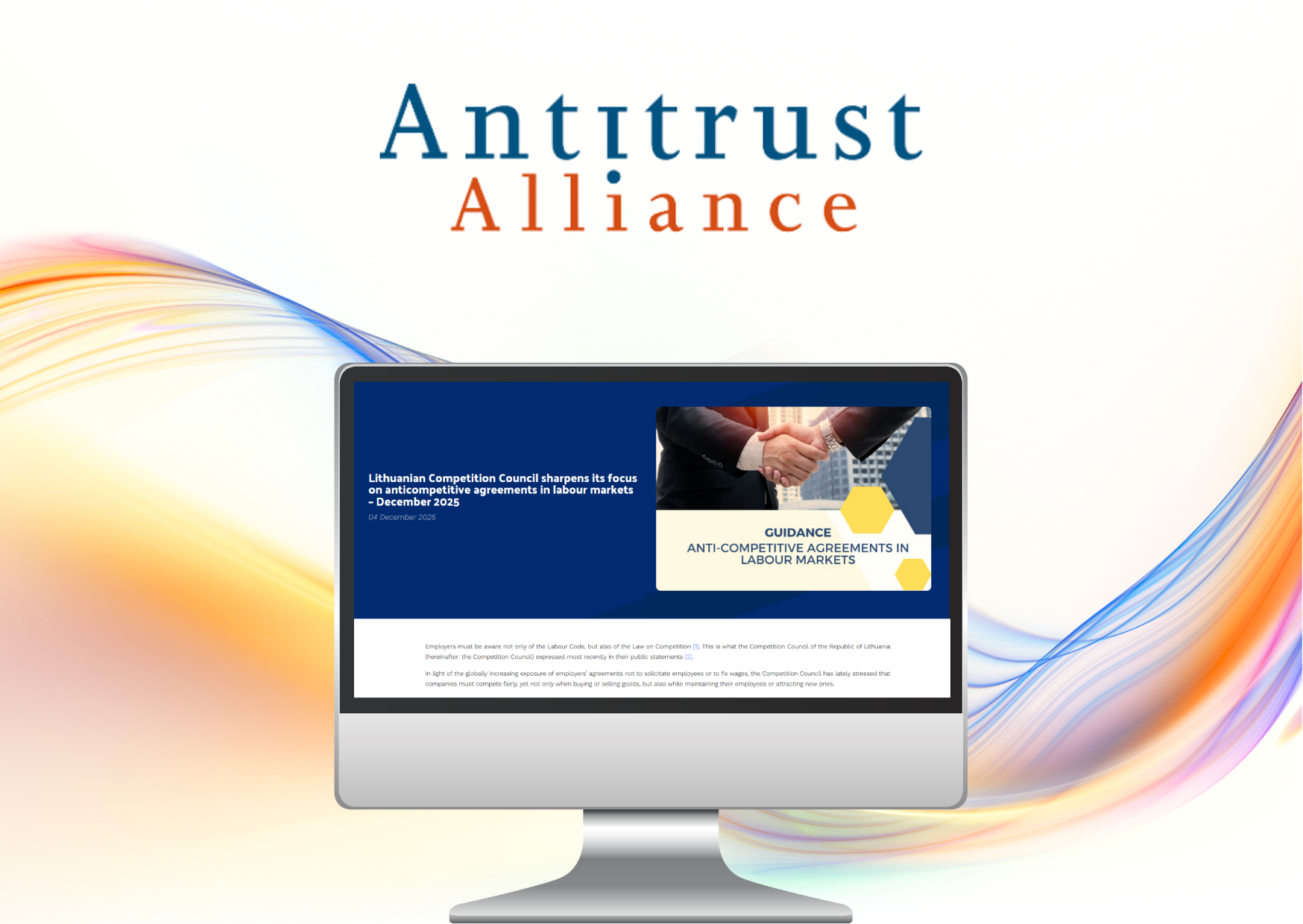- What is a cryptocurrency?
A cryptocurrency, or token, could be defined as a digital asset that uses cryptographic encryption to guarantee its ownership and ensure the integrity of transactions, and control the creation of additional units.
In other words, thanks to the cryptographic encryption of the cryptocurrency, it would be possible to prevent anyone from making copies, as we would do, for example, with a photo.
Cryptocurrencies do not exist in physical form: they are stored in a digital wallet.
- Legal framework in Spain and the European Union
The first issue to bear in mind is that, to date, there is no legal framework regulating cryptocurrencies in Spain, nor in the European Union.
In any case, it is true that the European Union authorities are already working to create a legal framework for this type of electronic currency, through the proposal for a regulation of the crypto-assets market and amending Directive (EU 2019/1937) (https://eur-lex.europa.eu/legal-content/ES/TXT/HTML/?uri=CELEX:52020PC0593&from=EN). However, it should be noted that this is only a draft which is still under negotiation and therefore not yet legally effective.
As far as the Spanish case is concerned, the legal framework in our country regarding cryptocurrencies in general, and tokens in particular, is still underdeveloped.
It is mainly governed by Law 5/2015 of 25 April 2015 on the Promotion of Business Financing (hereinafter “Law 5/2015”), which establishes, inter alia, a mandate and obligation of neutrality for cryptocurrency platforms, which must consider as their clients both (a) promoters and (b) investors in this type of business.
The regulation of cryptocurrencies in Spain is based on the existence of three essential elements:
- The platform;
- The development of the project; and
- The investor, which is the natural or legal person acquiring the cryptocurrency.
Si miramos fuera de nuestras fronteras, nos encontraremos con que la situación en el Derecho comparado es similar: en la mayoría de los países, como ocurre en el caso español, sólo existen guías emitidas por los reguladores públicos oficiales introduciendo algunas recomendaciones respecto a este tipo de divisas y a los riesgos conectados con ellas.
In this regard, and in the particular case of Spain, in February 2018, as a result of the incipient volume of business generated by cryptocurrencies, the National Securities Market Commission (hereinafter “CNMV”) and the Bank of Spain (hereinafter “BDE”) published a joint statement in which they indicated the following, expressly warning potential investors:
“Consider all the associated risks and assess whether you have sufficient information to understand what is being offered. There is a high risk of loss or fraud in this type of investment. […]”
A few months later, in September 2018, the CNMV issued another report, which was addressed to financial sector professionals.
In this report, the CNMV established the conditions under which a cryptocurrency should be considered as a “tradable security” and, consequently, be subject to securities market legislation, which would be applicable to any IPO or other listed securities transaction.
It should be borne in mind that the fact that cryptocurrencies lack a legal framework in Spain poses a significant risk for investors acquiring this type of digital currency, since, as the CNMV states in its September 2018 report “[…] there are no “cryptocurrencies” or “tokens” issued in ICOs whose acquisition or holding in Spain can benefit from any of the guarantees or protections offered in the legislation on banking or investment products”.
It is important to remember that the CNMV and the BDE have continued to warn about the risks of investing in cryptocurrencies. In February 2021, they warned that cryptocurrencies:
- “They are not considered as a means of payment;
- are not backed by a central bank or other public authorities and;
- are not covered by customer protection mechanisms such as the Deposit Guarantee Fund or the Investor Guarantee Fund”.
It should be recalled that the CNMV has, in recent years, been carrying out an insistent informative campaign on the risks associated with cryptocurrencies and the platforms that trade them.
In this regard, and as an example of this, please note the warning recently issued by the CNMV to the Spanish sportsman Andrés Iniesta regarding the advertising he carried out in favour of the cryptocurrency platform Binance. The CNMV has urged the footballer, among other things, to:
- Inform himself about the risks involved in investing in cryptocurrencies;
- Read the statement made by the CNMV and the BDE in February 2021; and
- Do not recommend investment in cryptocurrencies to third parties without being clear about the risks associated with such activity.
- Conclusions
As this article has shown, the field of cryptocurrencies is still underdeveloped from a legal point of view, and it is therefore very important to have experts in the field who can advise us on these issues from the different perspectives that arise in a matter of this type. An exhaustive analysis of the instruments available to us from a legal point of view must be carried out.
In addition, it is essential that the team of lawyers who provide legal advice on cryptocurrency matters have training not only in financial and banking law, but also in international law, as it is sometimes important to analyse the existing legal framework in comparative law, in order to find effective solutions to the problems arising from investment in tokens.
At Lupicinio International Law Firm we have an experienced and expert team in the field of cryptocurrencies and blockchain, specialised in providing legal advice in this area. The team that provides legal advice in the field of cryptocurrencies and blockchain has a long professional career and has specialists with extensive experience in this field.
***
For more information:
Lupicinio International Law Firm
C/ Villanueva 29
28001 Madrid
T: +34 91 436 00 90
info@lupicinio.com







